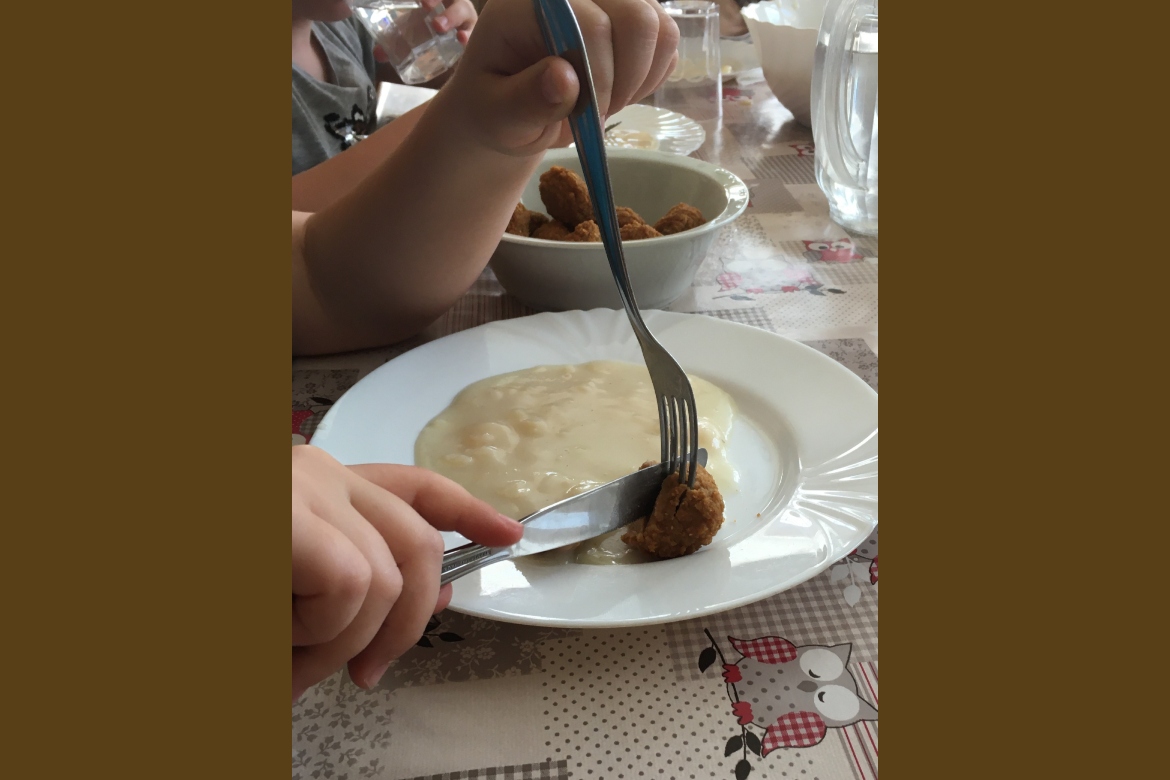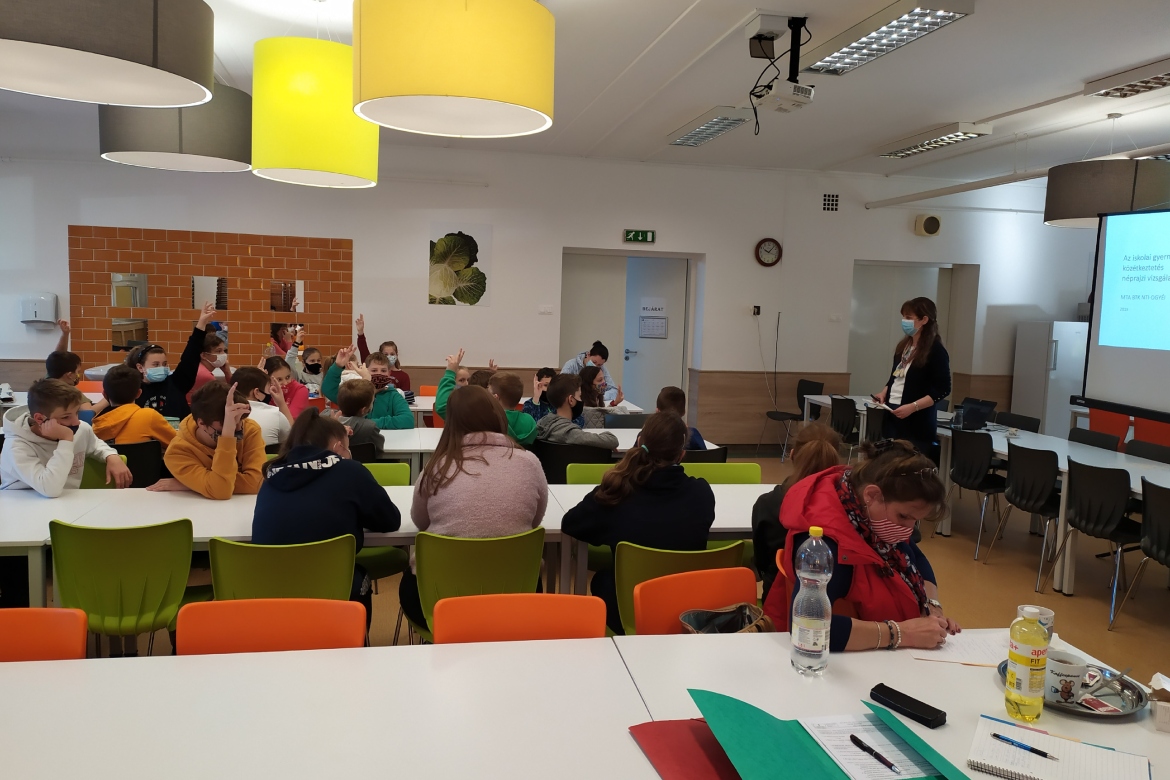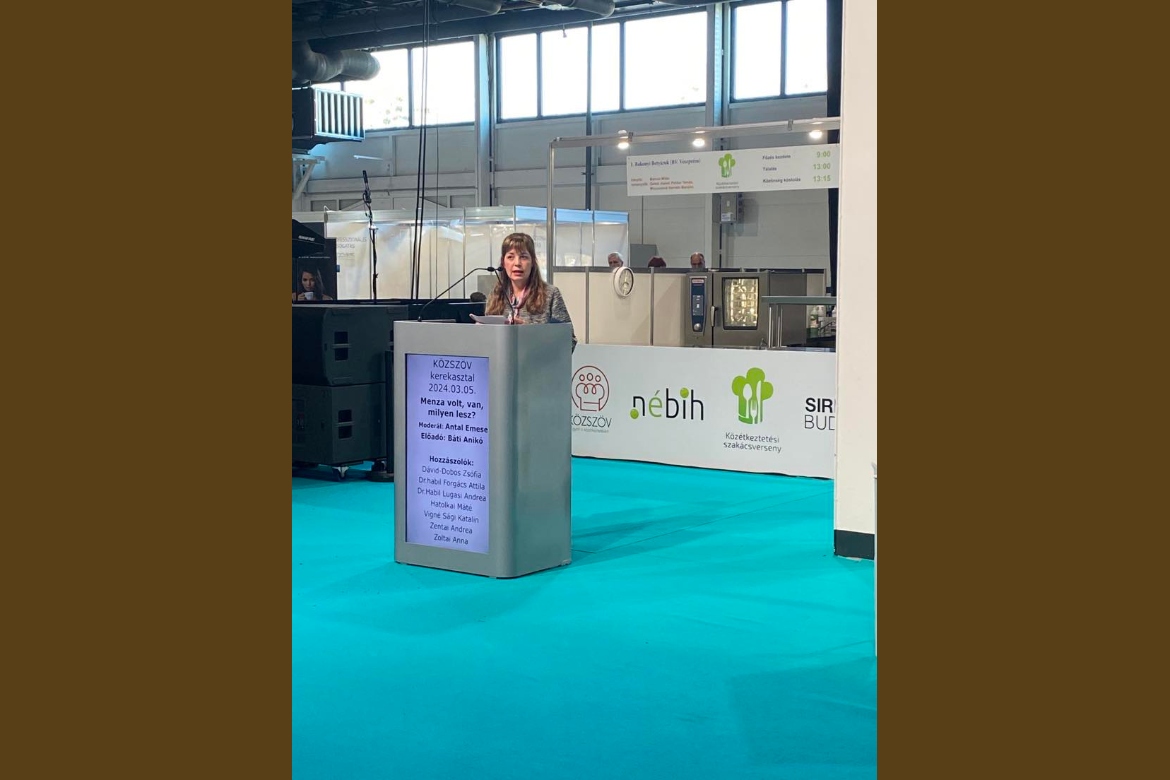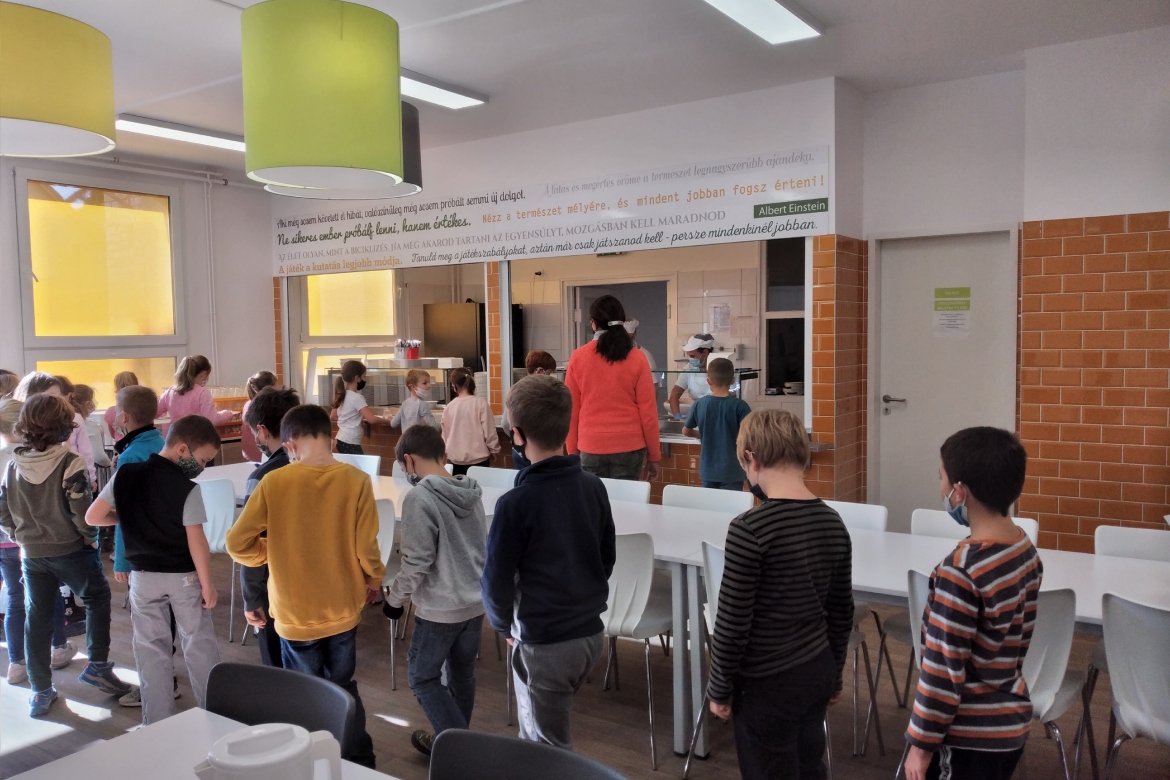- Title of the project: The social embeddedness of the public catering of children. Issues and opportunities
- Duration of the project: September 1, 2018 – August 31, 2024
- Principal investigator: Anikó Báti, Department of Historical Anthropology, Institute of Ethnology, HUN-REN Research Centre for the Humanities
- Project type: NKFIH K
- Funding organization: National Research, Development and Innovation Office
- Project number: NKFI K 128925
School canteens play an important role in promoting healthy eating habits and preventing disease. To achieve these goals, it is necessary to see what preferences, home eating habits and previous experiences children have when they enter school canteens, how meals are served, and how schools integrate nutrition into their education and socialization program. The research tries to answer these questions combining ethnographic research on food culture (Institute of Ethnology, HUN-REN Research Centre for the Humanities) and dietetics (National Institute of Pharmacy and Nutrition), an approach still relatively new in Hungary.
The aim of the project is to create a complex picture of the daily life of school canteens from the consumer's point of view. Through an interdisciplinary approach, the project also highlights aspects that have a major impact on the success and acceptance of public catering.

The researchers included a sample of primary schools in nine municipalities. In addition to Budapest, the capital, fieldwork was carried out in county seats and smaller towns and villages with different types of institutions. The informants were children, their parents, teachers and kitchen staff. Almost 4,000 questionnaires as well as interviews, photos and observation notes form the basis of the analyses, which provide a nuanced picture not only of the school canteen but also of today's eating habits. Where possible, the canteen's past has also been included in the analysis, using archival sources and the recollections of the older generations of the village about their eating habits.

The primary findings of the research shed light on the situation of school canteens at the local level. The research team shared their findings with the schools, parents, and local authorities. In some cases, this has led to the development of plans for the operation of the school canteen and the canteen kitchen. The investigation may also influence the most comprehensive, national framework for the operation of canteens: the recommendations have been submitted to the authorities working on the amendment of the Decree on nutrition and health regulations for public catering. The ethnographic point of view represented by the research team is increasingly reflected in professional thinking about canteens, as can be seen in events of the professional organizations of catering managers or the round table discussion at the public catering cooking competition.

The presentations from the final conference of the project have been published in print. The volume is also used as a textbook in the training of dieticians and catering managers. A selected collection of articles was published as a thematic issue of Acta Ethnographica Hungarica. The findings of the research have been presented at various domestic and international events, including a conference in Norway, where the topic of school catering was discussed with an ethnographic focus, establishing further professional relationships. The research team also organized a successful exhibition on public catering in cooperation with the Hungarian Museum of Trade and Tourism.


